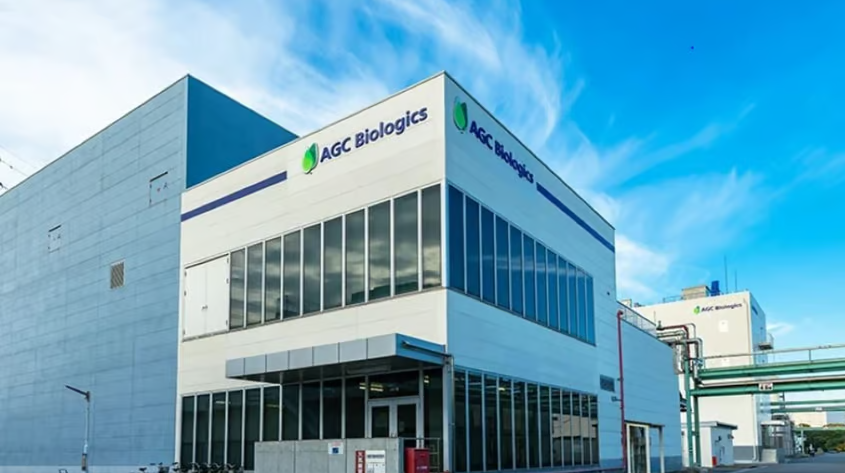Blog
Blog
AGC Biologics plots roughly 100 layoffs as CDMO industry’s post-COVID hangover persists

While some biopharma contract manufacturers have been able to weather a tough business environment in recent months, many others continue to struggle against financing headwinds affecting the greater biotech industry.
Take for example Seattle’s AGC Biologics, which this week made the difficult decision to lay off just under 4% of its global workforce as it navigates those challenges.
AGC Biologics, which employs more than 2,500 workers worldwide, has “had to reduce positions at our Seattle and Colorado sites and global functional areas,” a spokesperson confirmed Friday in an emailed statement. The percentage of planned cuts suggests AGC could ultimately lay off around 100 employees.
AGC’s Seattle campus serves as the CDMO’s global headquarters, as well as a key site for its global formulation services. The site, which has been producing biologics for three decades, features multiple manufacturing lines and a range of scales for mammalian and microbial-based drugs, AGC says on its website.
Meanwhile, the company’s Boulder site in Colorado—which it acquired from AstraZeneca in 2020—helps crank out mammalian-based products at larger scales needed for late-phase and commercial projects.
AGC in 2021 also purchased a former Novartis cell and gene therapy production plant 16 miles away from the Boulder site in Longmont, Colorado. Elsewhere, the company operates facilities in Denmark, Germany, Italy and Japan.
Endpoints News first was first to report the news of AGC’s planned staff reduction.
“While these are never easy decisions, we believe these changes will help us refocus resources and operate more effectively as the company navigates a changing biopharma industry,” the spokesperson added.
AGC Inc., AGC Biologics’ Japanese parent, provided more clarity on the tough contract manufacturing environment earlier this week as it reported a 7% sales decline to 32.5 billion Japanese yen (around $209 million) for its life science business in the first quarter of the 2024 fiscal calendar. Net sales decreased in part due to the “disappearance of COVID-related special demand” and “reduced capital inflows into biotech ventures,” the company explained.
On the COVID piece, AGC Biologics has helped supply BioNTech with plasmid DNA from its Heidelberg, Germany, facility as the starting material for the Pfizer-partnered COVID-19 vaccine Comirnaty.
With regards to biotech funding, meanwhile, AGC said the business environment—and demand from clients—is starting to rebound, though the “recovery pace requires close monitoring.”
AGC Biologics was founded as a global CDMO in 2018 through the fusion of Asahi Glass Company (AGC) Bioscience, Germany’s Biomeva and U.S.-based CMC Biologics. Asahi Glass had previously purchased all of CMC’s shares in December 2016.
AGC Biologics is far from the only CDMO to suffer a contract manufacturing whiplash in recent years.
On a recent Evaluate webinar addressing the state of the manufacturing industry in 2024, Jenny Gattari, CDMO sales lead for North America at Pfizer CenterOne, noted that following a surge in venture capitalist interest in small and mid-sized biotechs during the pandemic, much of that funding has dried up. In turn, many CDMOs are receiving fewer contracts from up-and-coming companies in need of production partners.






